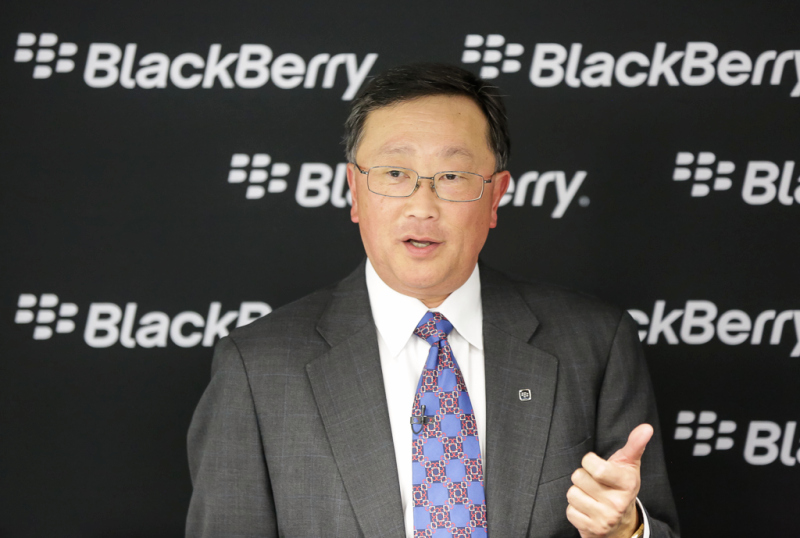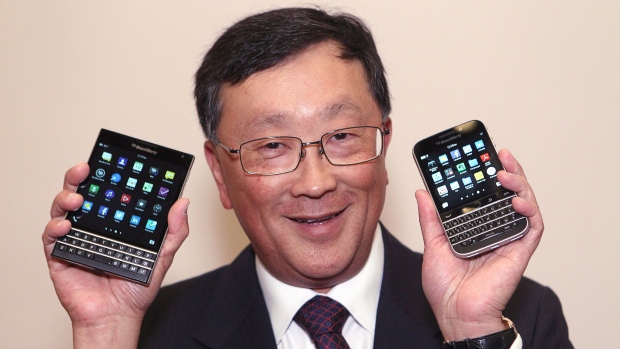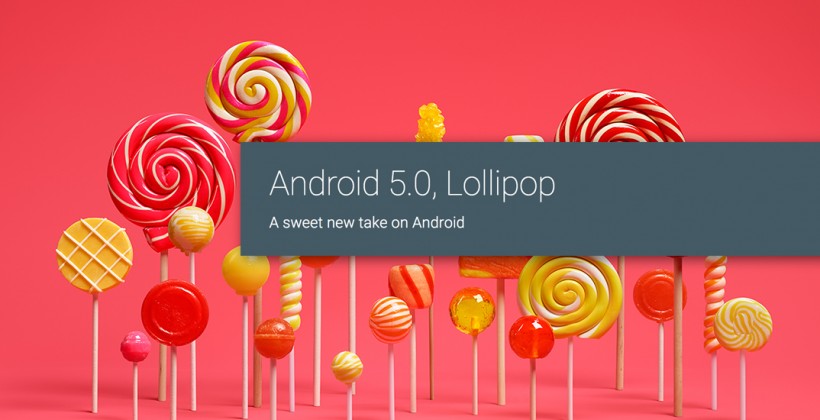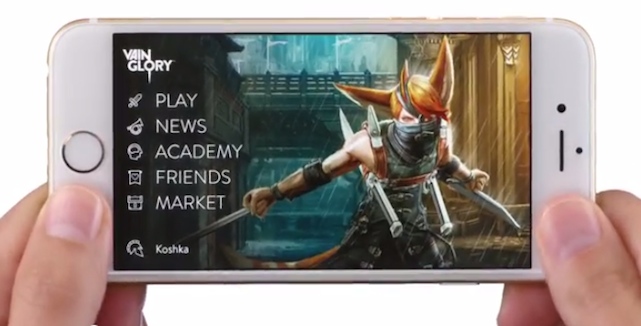BlackBerry is having a hard time and it is clutching at straws, grasping at anything that might help it recover some of its past glory. CEO John Chen recently authored a bog post on the official BlackBerry website where he tackles the question of net neutrality and why he believes that the government should not only promote and protect neutrality among internet service providers (ISPs) but also among app and content providers. The whole premise is so flawed that we will leave you to read it yourself, and maybe shake your head in disbelief. Its okay to laugh too, if you feel like it.
“Key to BlackBerry’s turnaround has been a strategy of application and content neutrality. For example, we opened up our proprietary BlackBerry Messenger (BBM) service in 2013, making it available for download on our competitors’ devices. Tens of millions of iPhone and Android customers around the world have since downloaded BBM and are enjoying the service free of charge. Last year we introduced our secure BES12 mobile device management software, once again designed to manage not just BlackBerry phones but also available for enterprises and government agencies whose employees use iPhone and Android devices.
Wait, here comes the meat.
“Unfortunately, not all content and applications providers have embraced openness and neutrality. Unlike BlackBerry, which allows iPhone users to download and use our BBM service, Apple does not allow BlackBerry or Android users to download Apple’s iMessage messaging service. Netflix, which has forcefully advocated for carrier neutrality, has discriminated against BlackBerry customers by refusing to make its streaming movie service available to them. Many other applications providers similarly offer service only to iPhone and Android users. This dynamic has created a two-tiered wireless broadband ecosystem, in which iPhone and Android users are able to access far more content and applications than customers using devices running other operating systems. These are precisely the sort of discriminatory practices that neutrality advocates have criticized at the carrier level.”
CEO Chen is conveniently forgetting that just launching an app or service on a platform isn’t enough. App developers and service providers need to constantly provide updates, ensure users have a good experience, fix bugs and security patches, and eventually provide a service. And all that takes money. It might not make sense for many companies to invest in resources to target a platform that is adding less than one percent of market share every quarter.
For the record, BlackBerry had always used BBM and BES as a differentiating feature to make enterprises and individual consumers buy into BlackBerry’s ecosystem than its rivals in the past. It is only when BlackBerry failed to innovate and lost out to Apple and Android, that it opened up BBM to other platforms. It had nothing to do with app neutrality.
As soon as one takes a closer look at Chen’s argument, it starts to fall apart and his true intentions become painfully obvious: he wants the government to force other companies to help him get people interested in his products again—a goal he has thus far been unable to accomplish on his own.
Instead, the CEO should be more worried more about attracting consumers back to his platform, and providing Netflix and other companies with a proper incentive to support BlackBerry devices.




